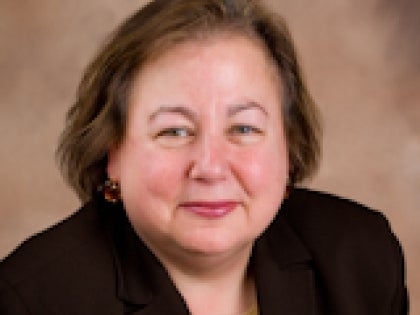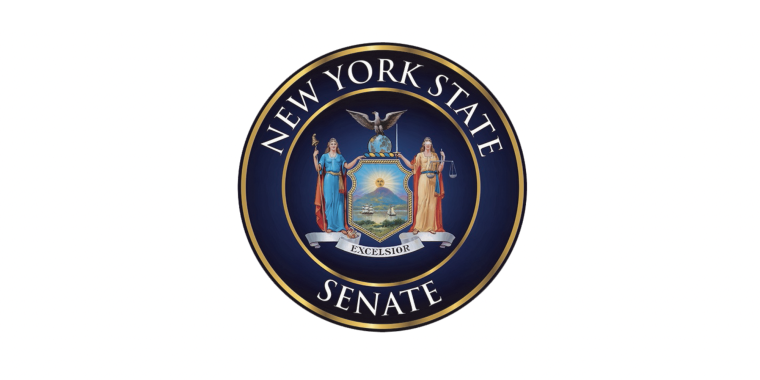
State Urges Federal Government to Give Physicians Authority to Make Decisions About Emergency Treatment
Liz Krueger
September 24, 2007
Governor Eliot Spitzer, along with representatives of hospitals, anti-cancer agencies and immigrant organizations, today called on the federal government to allow physicians to decide what emergency treatments are appropriate for their patients instead of ceding life-and-death decisions to federal Medicaid administrators.
“Physicians are appropriately on the front lines of medical care, and restricting their decision making ability will have disastrous implications for patients,” said Governor Spitzer. “The federal government has a legal and ethical responsibility with respect to management of critical care and we are calling on President Bush to reverse this dangerous ruling and put patients first. If the federal government refuses to provide the leadership necessary, New York will consider litigation to ensure that individuals receive emergency health care services.”
Last week, the New York State Department of Health formally asked the federal Centers for Medicare and Medicaid services (CMS) to clarify its 2005 audit instructing New York to no longer claim federal emergency Medicaid funding for chemotherapy for undocumented immigrants and for legal immigrants who have been in the United States for less than five years. As a result of the 2005 decision, New York repaid $17.2 million to the federal government for emergency chemotherapy and physical therapy services.
Members of anti-cancer, consumer and immigration groups asked the Spitzer Administration to conduct a review of the matter. While federal law generally prohibits Medicaid coverage of undocumented immigrants and legal immigrants who have lived in the country for less than five years, Congress established an exception for the cost of services treating medical emergencies where the patient’s health is in serious jeopardy.
The review concluded that, under existing federal law, CMS is not permitted to rule that chemotherapy can never be used to treat an emergency medical condition. The State Health Department asked CMS in a September 21st letter to clarify that the agency did not intend to impose a blanket prohibition on chemotherapy. That letter has not been answered.
State Health Commissioner Richard F. Daines, M.D., has instructed local officials to continue to process Medicaid claims for immigrants’ emergency chemotherapy, provided that the patient’s physician certifies that the chemotherapy is required to treat an emergency.
Commissioner Daines said: “The definition of an emergency is printed on the certification form. We believe it is a grievous error to let an audit finding disallow an entire range of emergency treatment. As a matter of law, the federal government cannot ban emergency Medicaid coverage for all chemotherapy. Physicians treating patients are the ones to decide when chemotherapy is required to treat an emergency, based on the facts of each patient’s case. These are not decisions for lawyers or for bureaucrats, but rather one reached by physician and patient.”
Congressman Charles Rangel said: “From recent decisions on children's health insurance to this latest attempt to re-define emergency care, it is clear that the federal government is increasingly turning a deaf ear to the needs of those who day in and day out provide valuable work and contributions to this country. To deny valuable emergency health services to anyone living in this country is immoral, inhumane and unbecoming of the compassionate nation we strive to be.”
Senator Liz Krueger said: “The current situation could not be worse public policy. Allowing federal Medicaid administrations, instead of physicians, to make life-and-death decisions has led to extended and increased medical costs for patients. A physician must remain the primary decision-maker for their patient because their expertise ensures that an individual's long-term treatment strategy is not muddled down in a bureaucracy that lacks humanity.”
Peter Slocum, Vice President for Advocacy at the American Cancer Society said: “Cancer patients undergoing emergency treatment are not the same as customers choosing between options on a new car. Surgery and chemotherapy are emergency life-saving measures, and it is not appropriate for the government to substitute its judgment for that of the oncologists at the bedside. The American Cancer Society joins Governor Spitzer in urging the federal government to stop pretending that the emergency is over when one of two or three phases of the treatment is complete.”
Adam Gurvitch, Director of Health Advocacy at the NY Immigration Coalition said: “This is about millions of legal immigrants who have earned green cards since 1996 but are still being barred by President Bush from the federal Medicaid program. Many taxpaying, legal immigrants are still forbidden from using the federal government's Medicaid program across the country. Governor Spitzer is doing the right thing by standing up to the Bush administration and demanding that doctors, not bureaucrats, make decisions about what life-saving medical care patients can receive.”
Richard E. Barnes, Executive Director of the New York State Catholic Conference, said: “The action by the federal government to deny Medicaid coverage for emergency chemotherapy treatment runs counter to it’s obligation to respect the dignity of all human life. Decisions about emergency, life-and-death medical care must not be based on a patient’s immigration status. Like Governor Spitzer, who last week announced a just policy to permit New York residents to obtain driver’s licenses without discriminating on the basis of immigration status, we believe our state and national immigration policies must strike a balance, and that difficult questions must be answered in a way that takes into account justice, compassion and a recognition of the intrinsic worth of every human person, regardless of national origin.”
Today’s announcement was made following a visit by Governor Spitzer to Bellevue Hospital Center, part of the New York City Health and Hospitals Corporation, to continue his efforts to put patients first.
-30-

